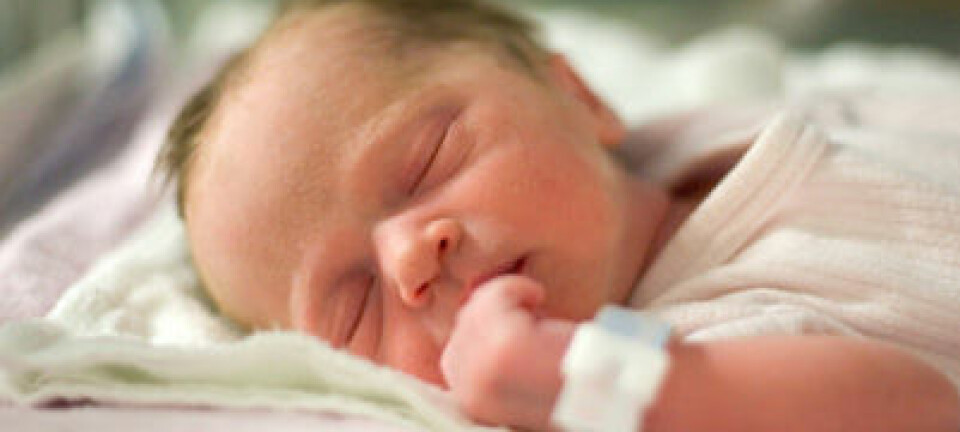
Insomnia linked to an increased risk of developing asthma
People who have trouble sleeping are up to three times more likely to develop asthma than those who get a proper night's sleep.
People who find it difficult to fall asleep in the evening, or wake up early unable to fall back to sleep, are more likely to develop asthma than normal sleepers, shows a new study.
It is well known that asthma sufferers struggle to sleep at night, but the new study looks at the reverse situation, i.e. that people with insomnia symptoms have an increased risk of developing asthma in adulthood in more detail than previous studies.
People with chronic insomnia have a three times higher risk of developing asthma.
“It’s one of the key discoveries in our research,” says lead-author Ben Brumpton from the Department of Community Medicine and Nursing at the Norwegian University of Science and Technology (NTNU) and the Department of Thoracic and Occupational Medicine at the University Hospital in Trondheim.

The study was recently published in the European Respiratory Journal.
Increased focus on poor sleep
Associate Professor Vivi Schlünssen from the Department of Public Health at Aarhus University, Denmark, studies pulmonary diseases. She was not involved in the new study but describes the new results as interesting.
“It’s exciting and it’s in line with the growing scientific interest on how sleep impacts on our health,” says Schlünssen.
“As far as I know, it’s the first time that researchers have found this connection in this type of study—but of course we cannot see if the correlation indicates a causal relationship between insomnia and asthma,” she says.
Three time more likely to develop asthma
In the new study, scientists conducted two surveys 11 years apart.
Those who reported troubles sleeping in the first survey had a 65 per cent increased risk of developing asthma before the second study, 11 years later.
This increased to 108 per cent among people who had trouble falling to sleep every single night at the time of the first questionnaire.
Those who reported that they slept badly at night in both surveys were diagnosed with chronic insomnia. This group was three times more likely to develop asthma compared to people who reported no sleep problems.
Schlünssen points out that there may be other factors that could explain the correlation.
“Some people may be increasingly self-conscious—that they’ve failed something or sleep poorly at night. So, one can well imagine that the people who believe that they sleep poorly at night, also tend to believe that they have asthma,” says Schlünssen.
Scientists were surprised
According to Brumpton, an earlier study had reported a similar association, but this is the first time that the association has been studied in detail with repeated measures of insomnia symptoms.
“The reason behind this correlation is as yet unknown. We know that insomnia can lead to inflammations and metabolic changes in the body, which can possibly lead to asthma. But it needs to be studied further before we can draw conclusions,” he says.
“We have of course planned the study and had some indications that there could have been a correlation, but we were surprised that it was so strong,” says Brumpton.
“Of course we cannot rule out reverse causality, and that people who are predisposed to asthma sleep badly, and that this is why we see these results. However, from the start of the study, we excluded all participants who reported that they were short of breath or experienced any wheezing, even if they didn’t have asthma. Additionally, we hope to use approaches more robust to reverse causality to investigate this association in the future,” he says.
------------------
Read the full version of this story in Danish on Videnskab.dk
Translated by: Catherine Jex









